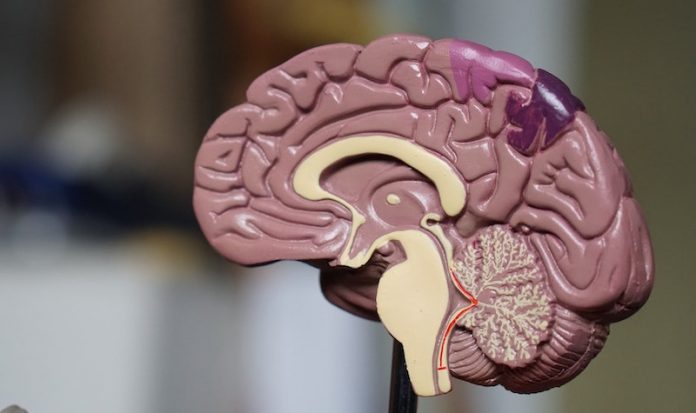
Scientists from the University of Exeter reported a new genetic discovery that adds weight to a theory that motor neurone degenerative diseases are caused by abnormal processing of lipids (fat) including cholesterol.
This theory will help pave the way for new diagnostic approaches and treatments for this group of conditions.
The discovery will provide answers for certain families who have previously had no diagnosis.
The research is published in the journal Brain and was conducted by Professor Andrew Crosby et al.
Motor neurone degenerative diseases (MNDs) are a large family of neurological disorders. Currently, there are no treatments available to prevent the onset or progression of the condition.
MNDs are caused by changes in one of the numerous different genes. Despite the number of genes known to cause MNDs, many patients still remain without a much-needed genetic diagnosis.
The team developed a hypothesis to explain a common cause of MNDs stemming from their discovery of 15 genes responsible for MNDs.
The genes they identified are all involved in processing lipids—in particular cholesterol—inside brain cells.
The team describes the specific lipid pathways that they believe are important in the development of MNDs.
In the current study, the team identified a further new gene—named “TMEM63C“—which causes a degenerative disease that affects the upper motor neurone cells in the nervous system.
This latest discovery is important as the protein encoded by TMEM63C is located in the region of the cell where the lipid processing pathways they identified operate.
This further supports the hypothesis that MNDs are caused by abnormal processing of lipids including cholesterol.
The team says this new gene finding is consistent with their hypothesis that the correct maintenance of specific lipid processing pathways is crucial for the way brain cells function.
Abnormalities in these pathways are a common linking theme in motor neurone degenerative diseases. It also enables new diagnoses and answers to be readily provided for families affected by some forms of MND.
If confirmed, the theory could lead scientists to use patient samples to predict the course and severity of the condition in an individual and to monitor the effect of potential new drugs developed to treat these disorders.
If you care about brain health, please read studies about how to use a healthy lifestyle to prevent dementia, and these 12 things can prevent dementia effectively.
For more information about brain health, please see recent studies that COVID-19 may strongly change your brain, and results showing this metal in the brain strongly linked to depression.
Copyright © 2022 Knowridge Science Report. All rights reserved.



